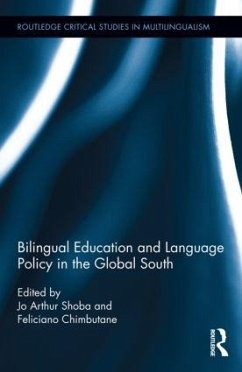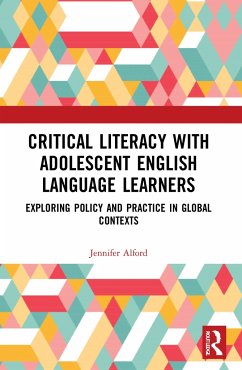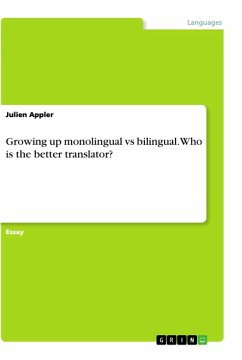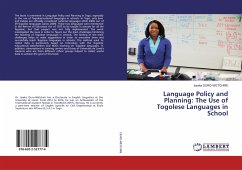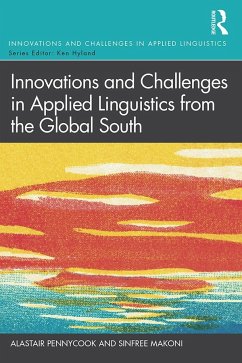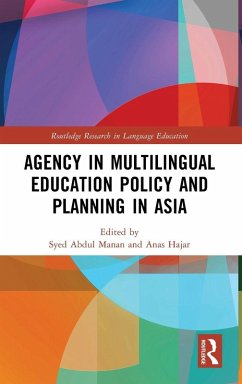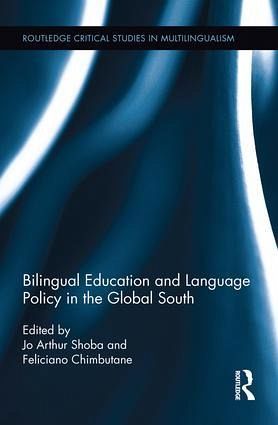
Bilingual Education and Language Policy in the Global South
Versandkostenfrei!
Versandfertig in 1-2 Wochen
63,99 €
inkl. MwSt.

PAYBACK Punkte
32 °P sammeln!
This volume considers a range of ways in which bilingual programs can make a contribution to aspects of human and economic development in the global South. The authors examine the consequences of different policies, programs, and pedagogies for learners and local communities through recent ethnographic research on these topics. The revitalization of minority languages and local cultural practices, management of linguistic and cultural diversity, and promotion of equal opportunities (both social and economic) are all explored in this light.





